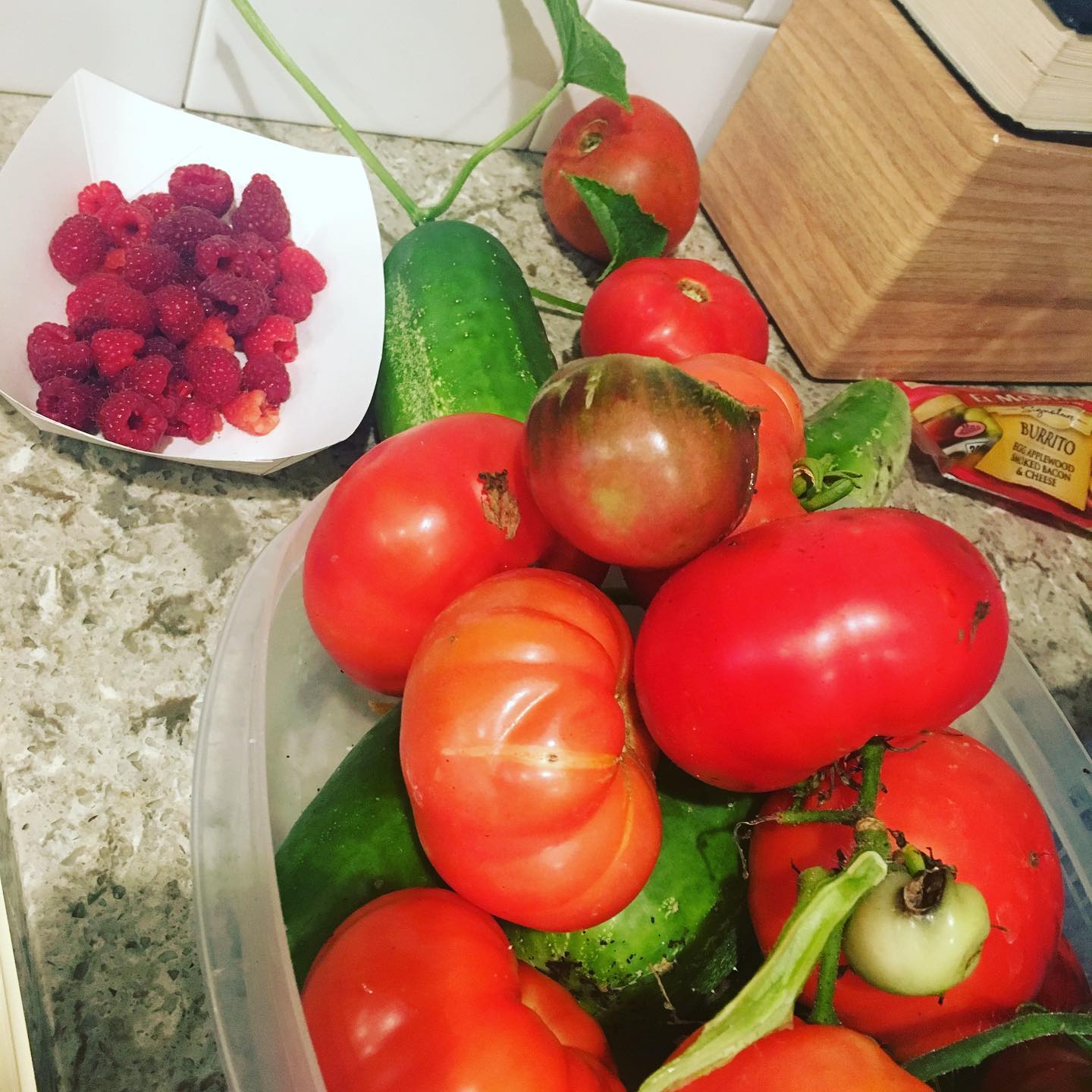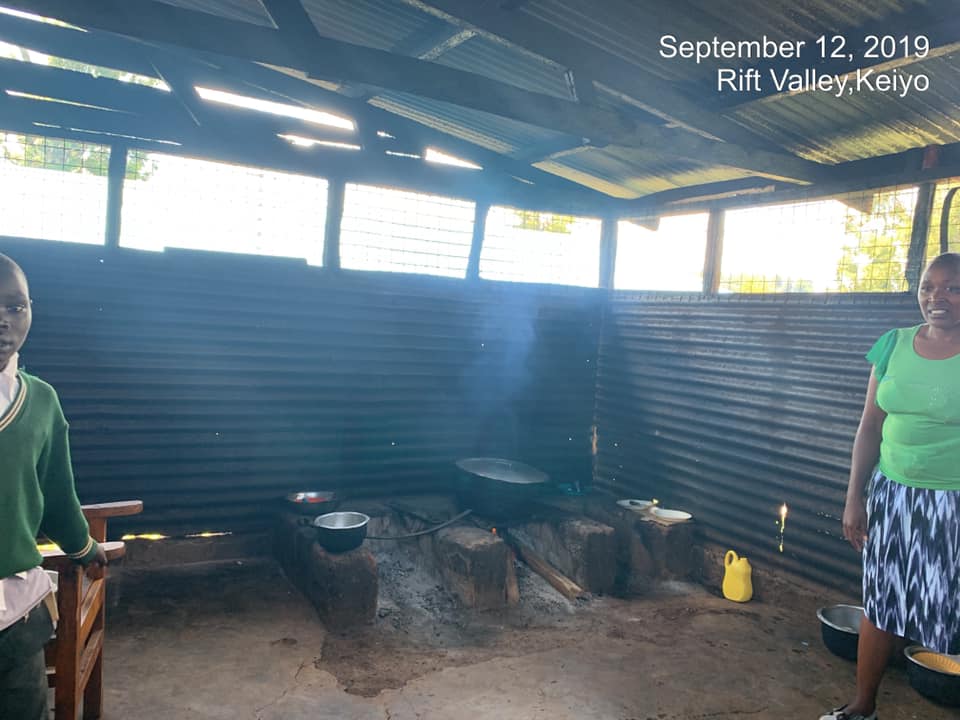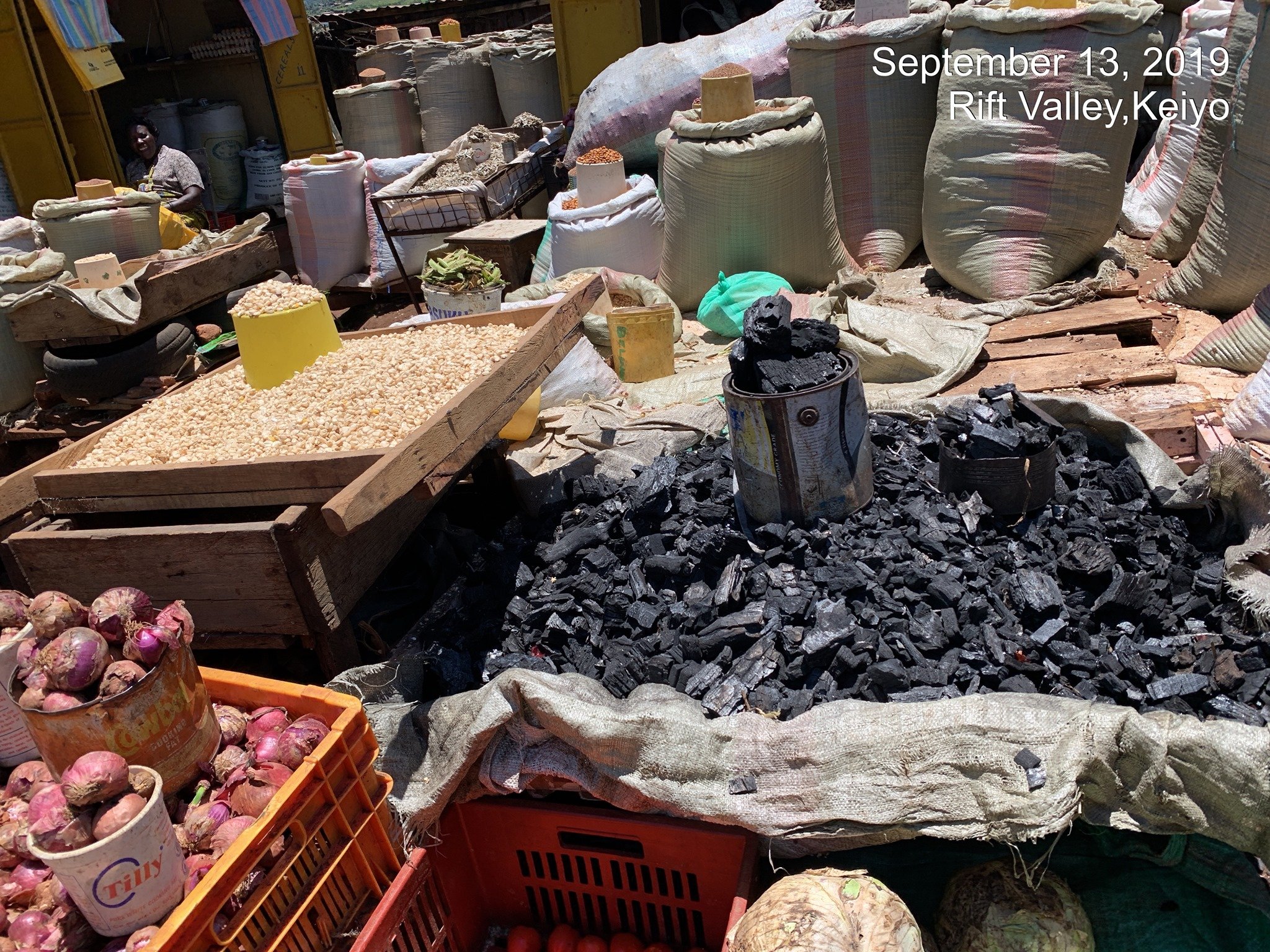I was listening to a speaker give a talk recently and had thoughts flood through my brain.
I started scribbling notes as I thought, and figured I could share them with you all.

We live a fairly sheltered life when it comes to poverty, many people would say. But still in that, comes a certain amount of blindness to the kinds of poverty we have here.
My mom is visiting Africa right now, and no, our poverty looks different than it looks there.
(You can find some of her adventures here on “Adventures of a Midwife”)
This was a new kitchen that she shared a photo of.

For us, in most First world countries, we would be thinking that this was not something we could live with.
This would not be a grocery experience that we would think was adequate.

I often see posts on social media how they can’t make ends meet, or make their special diets work. They have to have gluten free, dairy free, soy free, nut free, low carb and the like. I am not anti-special diets. They are needed to help people remain healthy. But sometimes I think, we allow our mentality and freedom to choose take away our common sense. I think sometimes reframing how we think about nutrition and food, and what we think we “need”, we could be much healthier eating simply.
What if we walked everywhere? Could you eat rice, beans and squash every day?
What if you only ate what you could grow in your yard? Would you take the time to cultivate your yard more?
I struggle with this as I lack time. I am so busy working to survive, that I don’t have the time to often do everything needed like that. But what if I simplified things, so that I needed less, and gained time?
Often when you hear people talk about saving money in the USA, at least, we hear the old adages.
“Stop ordering coffee once a week and you will save $260 a year.”
“Everyone has $5-$30 to spare. You can find it somewhere to share with us or save.”
What if you never order coffee? What if your grocery budget is $5-$30?”
Often people think that in this country of plenty, there are not any hungry people. They talk about food banks, food stamps, and other programs to help those in need.
I will say that I have been a starving person in America. I did not have access to food banks, food stamps or any program to help with food. Later when I had access, I had been taught how wrong it was to use those programs, so refused, and even if I could get past that, the judgment from others that went towards the people that did was enough to make it more worthwhile to starve.
I remember standing in the grocery store, staring at the apples and wishing I had the money to buy one. I had $5 to spend for food. I bought a loaf of bread, some flour and yeast and a thing of turkey ham, if I remember right that time. It was enough when combined with things in my pantry at home that I could make some meals. If I could get a vegetable, I would buy cabbage or lettuce.
There were times that I had $20 for the month to purchase food for the family. It is shameful, but we would go dumpster diving to look for expired food that was in packages to use. If it was still cold, we would wash off the packages and eat good. I remember being so happy to find some meat and tortillas.
We read books on wild foraging. Rose hip jam with homemade bread, soups with wild onion and garlic, steamed cattails were things we tried or my friends did. We didn’t like everything. Wild meat from hunting or animals that were raised was used as well.
You learn how to survive, but not always thrive. I lived in a brain fog. I would frequently pass out from exercise, even though I was a healthy person. I suffered a broken bone from lack of nutrition and poor medical follow up caused me long term issues.
Poverty in a first world country is not as rare as you think. Sometimes it is caused from people making poor choices. Occasionally it is people ending up in abusive situations that cause them to be stranded in those poor choices. We were eventually restricted from dumpster diving for food as the leaders felt it was a poor example to the community. The issue still remained that we were lacking food.
So, what is the answer?
I think that sometimes there are multiple avenues you can go with this.
- Identify the poor in your community.
- Seek out ways to help them to find safety, choices and healing not by always giving them a hand out, but offering them a helping hand to find resources to be independent.
- Don’t assume that there are not any poor in your area that might need help. These are not the ones you will see at the food bank usually. These are more likely the ones serving in the community.
- Look for the overwhelmed that seem like maybe they need help with yard work, they have extra stuff around or might need help in more physical ways. Often we don’t realize that poverty can mean you can’t do landscaping, or afford to get rid of things. It might mean you are stuck with repairs that need to be done, and you just live with it the way it is.
- Don’t be entitled. It can be hard to realize that something that is so simple to you, like hiring a plumber, or mowing your grass, might be out of reach for them. They may not be able to pay the plumber or buy a mower, if they want their kids to eat that week.
- Watch for things like being unable to obtain medical care, they don’t have socks, their shoes are old, or perhaps struggle with personal hygiene. Toothpaste, deodorant and soap can sometimes be out of reach, especially if all the money is going to food or electricity.
- Never shame someone for taking government assistance or using programs to help get out of the situation. Don’t say, “Well, someone is paying for that. It isn’t free.” While true, those words can shame the very people we are wanting to help, rather than stopping the ones that abuse it.
It is easy when we have never experienced it, to think that someone is lazy. It is easy to think that they just need to pull up their boot straps and get it done.
The poor in America are not like in a third world country, but they in some ways, have a greater disadvantage. They are the working poor. The overlooked. Others do not see them. They are most likely sitting next to you in church. They are likely working with you. They may be a teacher at your school or a student.
Don’t turn a blind eye on the poor of America. They need us to be able to be the support of the nation.



<3